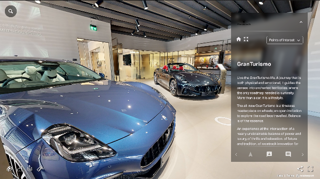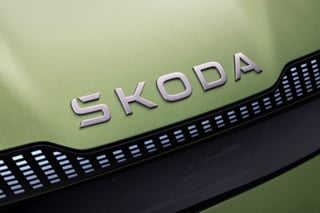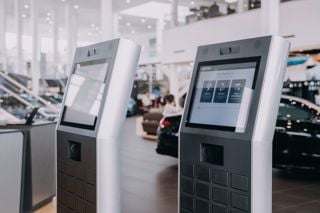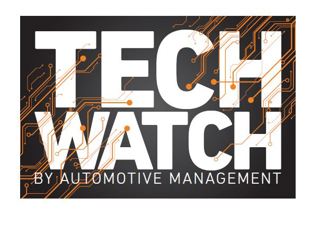The UK fleet industry is being encouraged to make even greater strides in reducing carbon by using more plug-in cars and vans.
The British Vehicle Rental and Leasing Association (BVRLA) recently held a joint workshop with the Energy Saving Trust (EST) to brief members on the results of the EST’s Plugged-in-Fleets Initiative (PIFI), which gave 20 UK fleets a cost-benefit analysis of whether electric vehicles could work for them.
EST has now been awarded government funding to undertake a further 100 PIFI audits and the BVRLA is sure that the rental and leasing industry will participate, either directly or by putting their customers forward.
John Lewis, chief executive of the BVRLA, said: “We welcome the publication of the first PIFI report, which has been produced by the EST’s fleet industry experts and provides the most robust guide yet to real-world plug-in vehicle running costs.
“It is really encouraging to hear that, even with high list prices, residual value uncertainty and a lack of long-term user incentives, it is still possible to make a business case for running plug-in vehicles, in the right circumstances.”
Caroline Watson, knowledge manager at Energy Saving Trust, said: “We’re delighted to have the opportunity to work with 100 additional fleets to help them identify their own business benefit for adopting plug in vehicles.
“Support from BVRLA enables us to reach a wide range of lease companies and their clients who will be vital in the fleet market’s transition to electrification.”
Meanwhile, the BVRLA is continuing to support the work of another environmental advisory group – the Low Carbon Vehicle Partnership - which celebrated its 10th anniversary last week.
“Over the past ten years the LowCVP has set a clear vision for the future of low-carbon road transport, championing best practice and providing an objective view amidst all the eco-hype and greenwash,” said Lewis.
“It has played a vital leadership and enabling role and must take much of the credit for the remarkable progress that has been made over the last decade.”


















Colin Pearson - 06/02/2013 17:09
Leasing companies correctly take the residual value uncertainty,high list prices and lack of additional incentives into account when calculating rentals and guess what that usually terminates any ongoing discussions.Many individual regulated customers what these cars too but not at these astronimical rentals